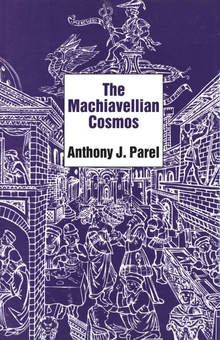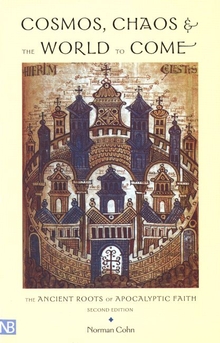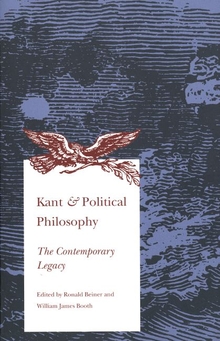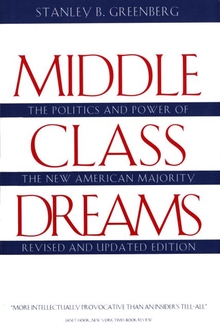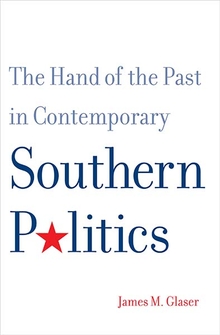The Machiavellian Cosmos
WARNING
You are viewing an older version of the Yalebooks website. Please visit out new website with more updated information and a better user experience: https://www.yalebooks.com
Anthony J. Parel
"A very important and interesting book and a trenchant and original contribution to Machiavellian studies."—J.G.A. Pocock, The Johns Hopkins University
"A highly original approach that reinstates Machiavelli in his worldview. A refreshing plea to rediscover the famous Renaissance thinker, often disfigured by the attempts to fit him in a modern frame."—Sergio Bertelli, University of Florence
"In this fascinating book Parel opens up the arcane (in both senses) world of Renaissance astrology and medicine and the relations between them."—Terry Hopton, Political Studies
"Parel's important discussion of Machiavelli's key political writings is centered on the view that different political systems—and their success/failure—were linked to the humours of separate social groups, and the extent to which they were satisfied. . . . Parel's close analysis of Machiavelli's language in the context of contemporary astrological and humoural theories is a valuable contribution in locating Machiavelli in his proper historical, premodern, context."—Christopher F. Black, History
"Parel's book is carefully and knowledgeably constructed on analyses of the full range of Machiavelli's writings."—Charles Trinkaus, American Historical Review
"This challenging book reaffirms the distinction between ancient and modern by focusing on the nature of causation, and it explores Machiavelli's cosmological theory through a detailed study of his writings."—Stephen H. Wirls, The Review of Politics
"The Machiavellian Cosmos provides the reader with a wealth of information on the two 'ancient sciences' of medicine and physics. . . . Indeed this book, because of the questions it raises and the perspective it presents, can be considered a vehicle with which to depart on many other 'paths yet untravelled.'"—Barbara J. Godorecci, VIA: Voices in Italian Americana
"The Machiavellian Cosmos is a long overdue investigation into the importance of astrology and the prevalent ideas on the humors of the body in Machiavelli's thought and provides a stimulating reassessment of his political theories."—The Year's Work in Modern Language Studies
Publication Date: March 25, 1992

